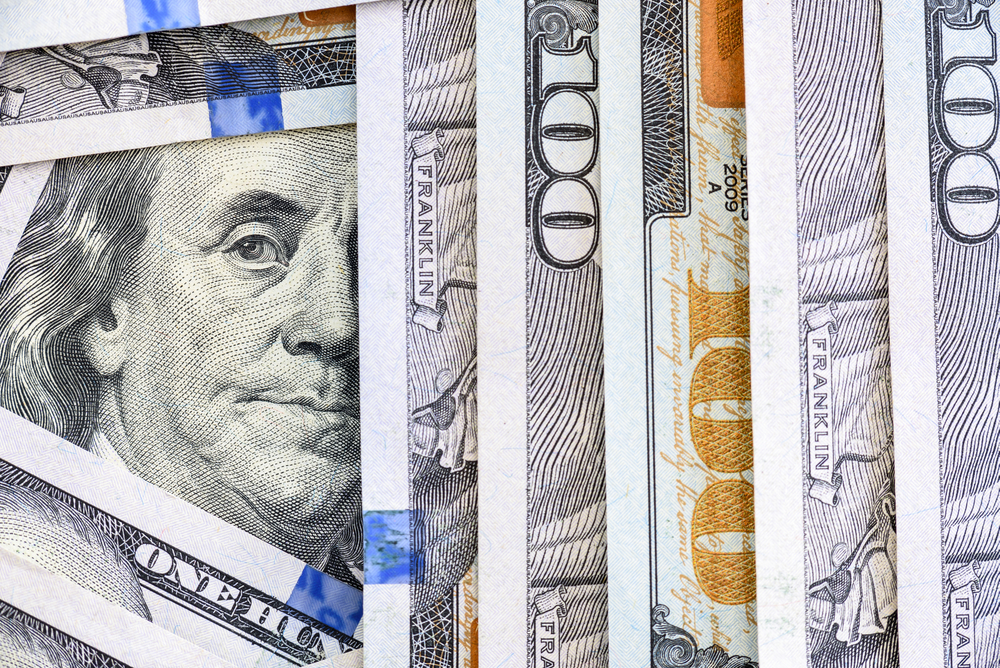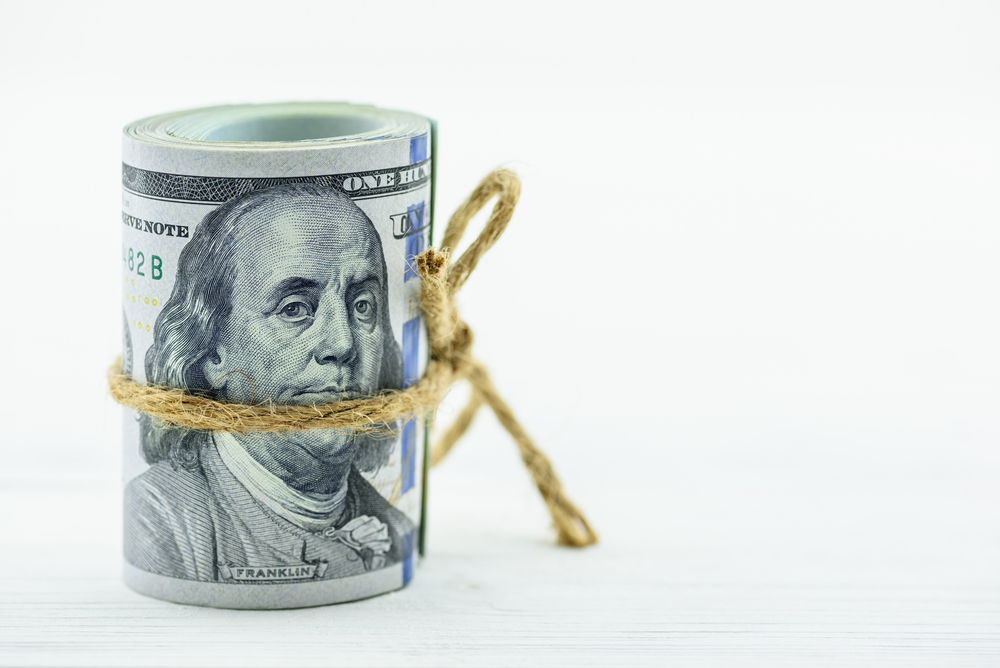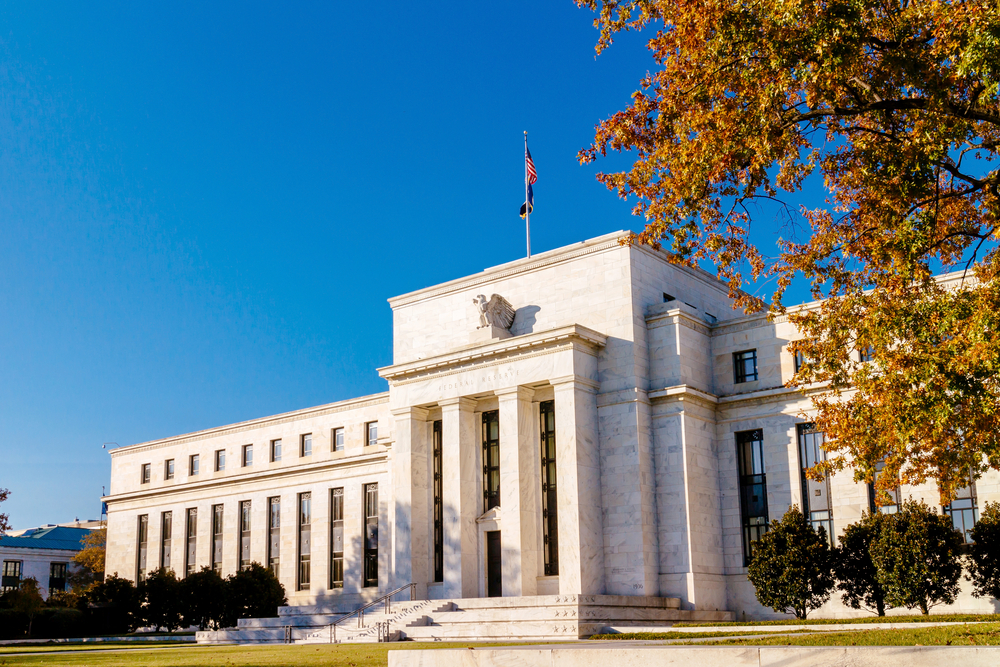UK Contracted in Q1
According to data released by ONS, GDP in 2021 Q1 contracted by 1.5 on quarterly basis. And compared to the same quarter of the last year, it contracted by 6.1 percent in line with market expectations.
In the details of GDP data, it is shown that household consumption and business investments declined in the first quarter of 2021, as a result government spending increased in this period and trade balance balanced.
The manufacturing sector, the schools that were closed together with the restriction measures due to the effects of the pandemic, and the decrease in retail sales were among the factors that pulled the production sector down. The service sector, which basically consists of businesses such as hotels, restaurants and cafes, remained among the most affected by the pandemic.
With the effects of Covid-19, the manufacturing and service sector remained under pressure and became a determinant in the contraction of the UK economy, while the construction sector maintained its pre-pandemic levels and prevented the UK's sharp contraction.
After the people started to suffer from Covid-19 variations in the UK with the new year, the British government wanted to break the third wave by tightening the existing measures. The measures that have continued since December have been reflected in the UK's first quarter GDP data.
While the service sector and manufacturing sector played a determining role in the contraction of the UK economy during this period, the construction sector prevented the deepening of this contraction due to the acceleration of the vaccination campaign.
On the other hand, while the Bank of England (BoE) has maintained its ultra loose monetary policy step since last year, the financial authority has supported the economy with additional packages within the scope of combating the effects of the pandemic. In addition to these developments, with the decrease in coronavirus cases in the UK, it can be evaluated that the British government can create optimism on households and businesses if they relax their epidemic measures under the name of gradual normalization.
While the BoE is expected to continue its ultra loose monetary policy steps until the UK economy recovers fully, it can be interpreted that the UK may grow in the second quarter depending on the course of the pandemic and the optimism of the vaccination campaign. In this direction, it can be expected that the British economy may start to recover, as well as that the assets may gain value against the currencies of developed and developing countries, and the FTSE100 index may be priced positively.





